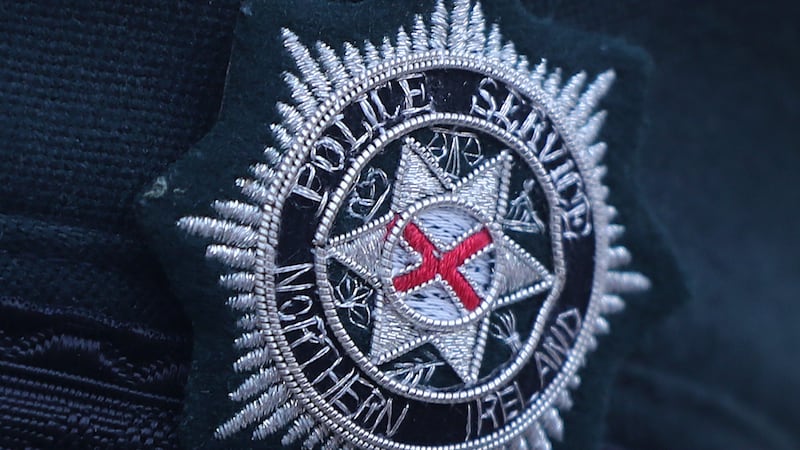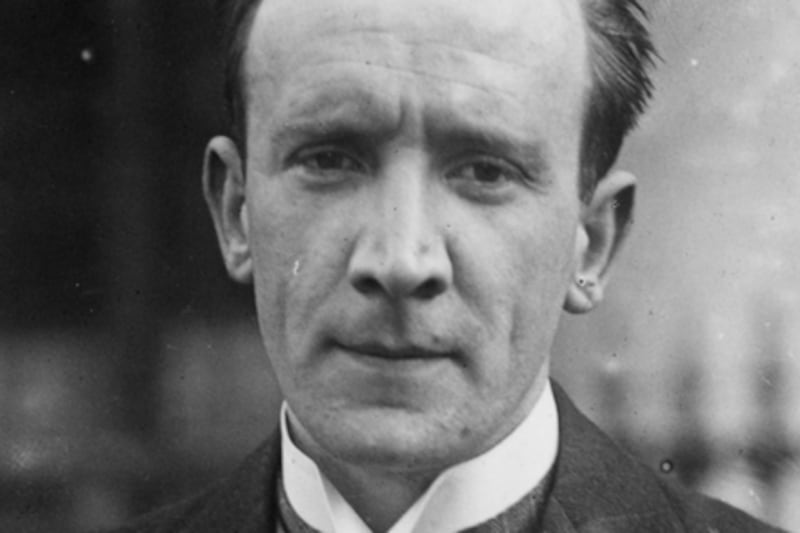October 12 1973
Sir – I am writing to your columns to protest to the public about the deliberate use of dogs to savage prisoners in Long Kesh.
On September 27, at 7am, during a search in Cage 16, a serious incident of this nature took place. Paul Kane, 19, from Ardoyne requested permission to go from the canteen to the toilet. On the way, the dog handler loosened the lead and let the alsatian snap at him. Paul instinctively kicked in the direction of the dog. Apparently because of this he was ordered out of the canteen and put up against the wire in the search position; the sergeant then ordered the dog-handler to put the dog on him. It bit him severely on the calf of the left leg.
When the sergeant went away, the handler took Mr Kane down to a more remote part of the wire, put him in the search position and put the dog on him again and it bit him on the back of his thigh above the left knee… I am sending an account of this “Belsen” incident to Strasbourg and to the International Red Cross.
A letter from Fr Denis Faul, one of his many interventions campaigning against the treatment of internees and prisoners during the Troubles.

Irish government: No question of changing extradition laws
The Irish Government yesterday firmly rejected any idea of changing its extradition laws to suit Britain.
A government spokesman was reacting to comments by Northern Ireland Secretary Mr William Whitelaw, that Britain was prepared to modify extradition procedures with the Republic if the moves were “reciprocated”. His remarks are being interpreted in Dublin as a suggestion that the Irish Courts of Appeal – where most extradition cases languish – should be sidestepped and people wanted for terrorist offences handed over to Ulster security forces for trial. But a government spokesman in Dublin made clear yesterday: “There is no question of altering the basic laws of extradition in this country”.
The Taoiseach, Mr Liam Cosgrave, has discussed the issue with Mr Heath several times and has told him that, though the passage of extradition cases through the Courts of Appeal can be speeded up, the courts themselves cannot be bypassed. Mr Cosgrave has also stressed that the government cannot be seen to be interfering in the court’s decisions.
In Dublin at the moment nine men and a woman are awaiting appeals against extradition warrants to Ulster, where they face terrorist charges. According to international law, binding on Irish legislation, people cannot be extradited to countries where they are accused of political offences, and this could play an important part in the proceedings.
Despite pressure from the British government and from Ulster unionists, who claimed the Irish government was not doing enough to strengthen its borders and hand over suspected IRA members, Irish governments throughout the Troubles rejected most applications for extradition.








